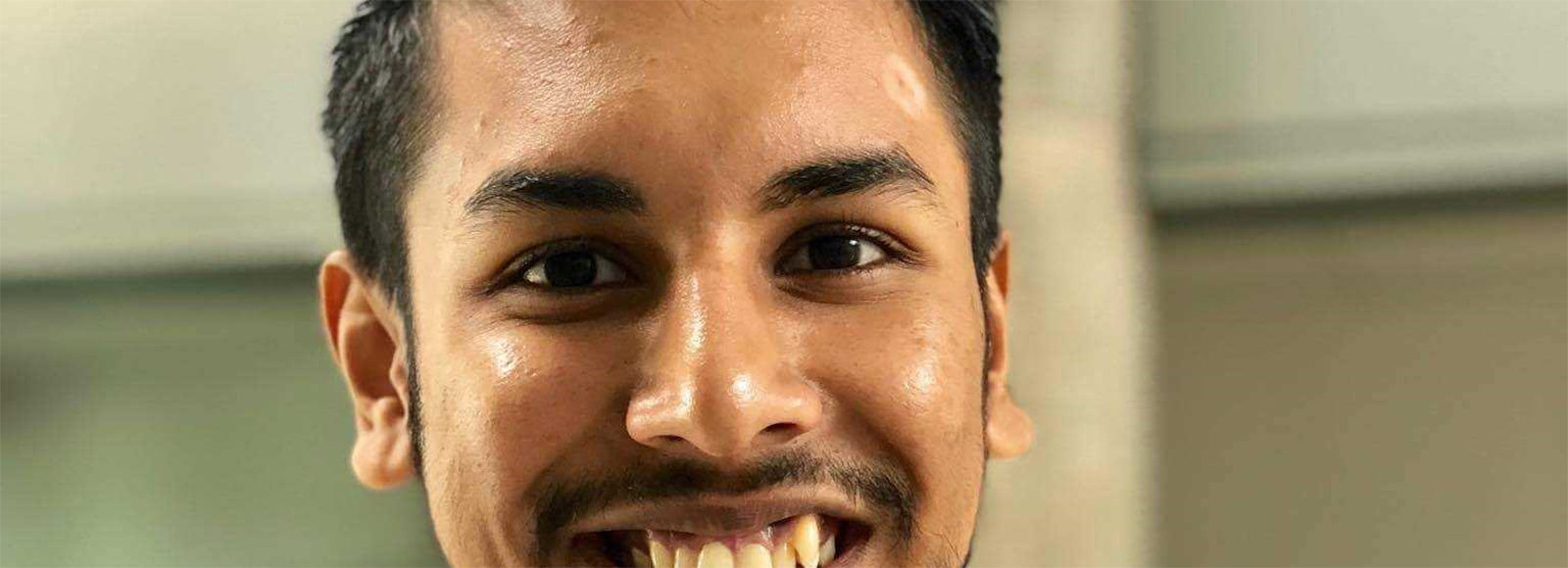Fiji is an island nation of unparalleled natural beauty. However, its pristine coastal ecosystems are increasingly threatened by accumulating waste and marine pollution, and young researchers find themselves at the front line of the battle to protect life under water.
Rufino Varea is one of them. An alumnus of the ACU Blue Charter Fellowships Programme, Rufino is currently pursuing his PhD at the region’s University of the South Pacific, with a study on pollution and the health of ocean species. But unlike other researchers, he faces a unique challenge: his research is trailblazing in a region where little has been previously studied on marine pollution.
Today, Rufino embeds his research within communities who depend on marine resources and regularly visits them to listen to people’s stories about the changing ocean.
When the government plans to utilise a land or sea area, local communities must be made fully aware of the potential changes and understand how to negotiate so they aren’t affected during or after the development.
Rufino Varea
Moving forward, Rufino will continue to raise his voice and those of others. Through research, he hopes to influence how people treat our oceans – and he has shown us that change is not only possible, but so often begins with the individual.
The programme forms part of the Commonwealth Marine Plastics Research & Innovation Framework – a global hub which aims to share scientific and technical expertise in this vital area – and support the aims of the Commonwealth Blue Charter.
Turning the tide against marine plastics pollution

